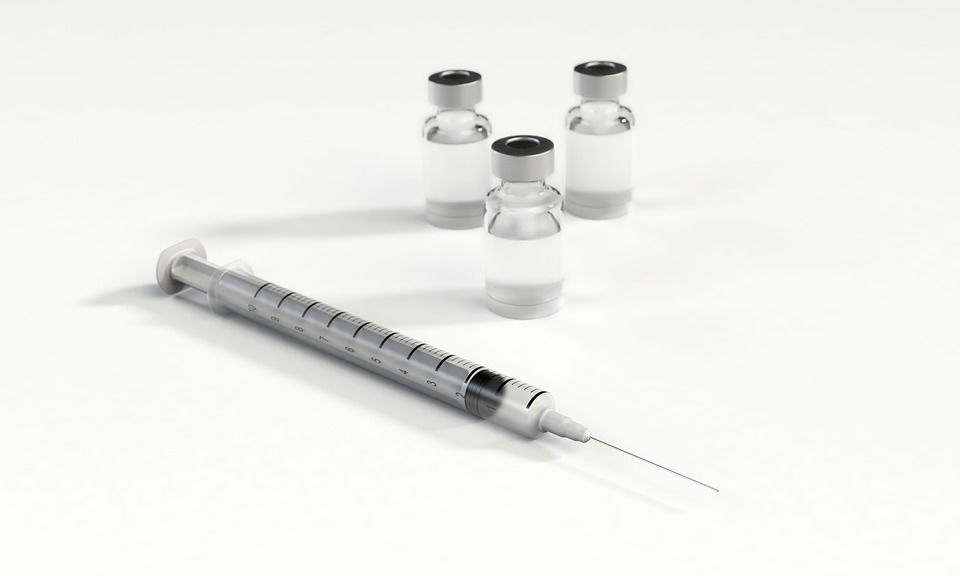Three Forms of Amniotic Injections

Amniotic | baby | used} Amniotic fluids are the fluid generated by the fetus in its amniotic sac during pregnancy. This is any number of combinations of chorionic and amniotic tissues or amniotic fluid as per the particular product used. Amniotic injections, though, are not stem cell transplants. This is because a placenta can be discarded as a tissue after a certain amount of time, which makes the process of amniotic tissue donation more desirable. The fluid may also be stored for future use in case of emergencies such as premature delivery or unexpected infant death.
Though commonly used, amniotic injections cannot be considered a cure for infertility. They can, however, relieve or prevent certain forms of preterm labor and stimulate the miscarriage process in cases where women who have undergone tubal ligation or hysterectomy still desire to conceive. They also decrease the chance of low birth weight infants who do not receive adequate nutrition during the first few months of life. However, it should be noted that if the mother has just given birth, it is impossible for her to give birth to another child due to her body's inability to take in another dose of amniotic fluid. If this happens, the doctor may perform a caesarean section to remove the amniotic membrane. You can find more information about amniotic injections at https://emsbio.com/product.
Drugs, such as metformin and clomiphene citrate, can be administered to pregnant mothers in their third trimester using disposable syringes. These drugs are injected directly into the amniotic sac to relax the muscles surrounding the developing fetus. Though this drug administration technique has been found to be effective, it can have side effects including nausea, vomiting, and increased heart rate in some developing fetus. Studies have also shown that amniotic injections increase the risk of premature birth among the minority of women who receive them. For this reason, physicians commonly avoid amniotic injections if their health risks outweigh the benefits.
Another form of amniotic product used to treat pregnancy-related conditions is stem cell injection. This method involves injecting a small amount of a pharmaceutical product like biolab fluid flow or a DNA clone into the amniotic sac. The product activates a reaction with the amniotic cells, which causes them to divide. As a result, more space is created for the developing fetus. The exact effects of an amniotic stem cell injection vary depending on the particular product; however, most doctors prefer to see an improvement in the cord blood profiles and increase in lymphoid tissue and immunoreactivity. This is proving to significantly increase the production of red blood cells, while increasing the production and number of platelets.
Lastly, a combination of plantar fasciitis and amniotic injections can also be used to treat pregnancy-related issues. During pregnancy, the plantar fascia becomes inflamed due to the stretching of the amniotic membrane. Since the plantar fascia is responsible for providing stability to the arch, this condition can lead to significant pain, swelling, and deformity. When combined with amniotic injections, plantar fasciitis can be managed through the employment of physical therapy. The combination of these three treatment methods allow women to regain their normal daily function. If you want to know more about this article, then click on this link: https://www.encyclopedia.com/medicine/divisions-diagnostics-and-procedures/medicine/injection.
